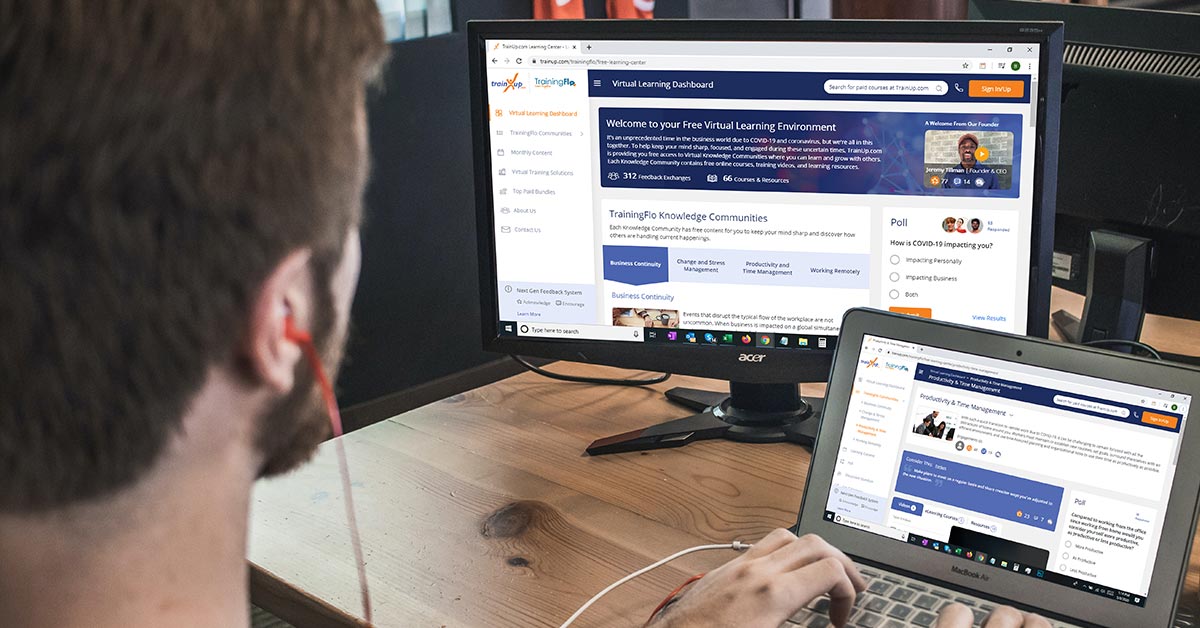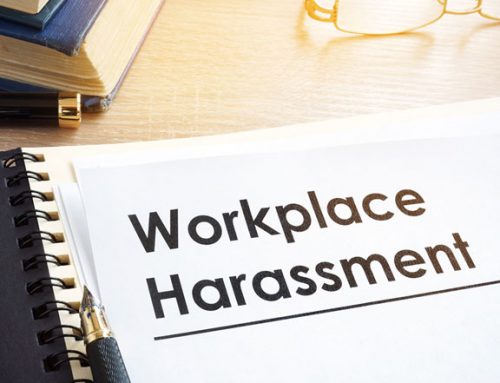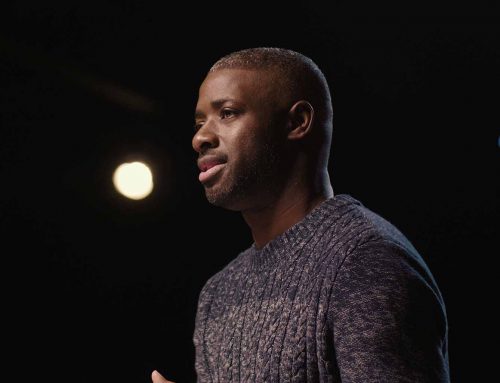This week Starbucks announced that they were closing their company-owned stores in order to conduct anti-bias training for all employees. This of course was following an incident at one of their stores, where an employee called police on two African-American business partners who were simply waiting on a third colleague to join them inside a Starbucks store in Philadelphia. The company has since been working on damage control as the press ran the story across the globe, tarnishing their corporate image while drawing attention to the fact that had the men been Caucasian, they would likely not have been asked to leave in the first place.
Starbucks stores closed at 2pm, as the training was conducted for approximately 4 hours on Tuesday, May 29th. This has led many to speculate as to what measures the company will take AFTER the training concludes. How will Tuesday’s knowledge be transferred to future employees hired and on-boarded after the anti-bias training has been completed?
The real question I’m asking is: How can ANY company reinforce the message weeks, months, even years after establishing a training initiative?
 Reading news stories about this, such as this very lengthy article from the Chicago tribune, and having sat through various organizational behavior lectures covering this subject- I’ve became a bit skeptical of how in-depth an anti-bias conversation can be in a 4 hour class alone. The classes I’ve participated in have been full of lengthy analysis, role-playing, and countless application. After class ended, participants could have continued to discuss the subject for days on end.
Reading news stories about this, such as this very lengthy article from the Chicago tribune, and having sat through various organizational behavior lectures covering this subject- I’ve became a bit skeptical of how in-depth an anti-bias conversation can be in a 4 hour class alone. The classes I’ve participated in have been full of lengthy analysis, role-playing, and countless application. After class ended, participants could have continued to discuss the subject for days on end.
Therefore, it baffles me that many of TrainUp’s clients request anti-harassment, conflict resolution, diversity, and other types of awareness training classes be concluded within just one or two hours without any sort of continuous learning plan afterwards.
I understand the difficultly of making time for training within the busy workplace, where everyone is needed at their desks basically 24/7, but honestly- is a half-day of training enough time to really absorb the message if you never speak of the training again after completion? How is this new norm of painfully condensed training sessions a benefit to a corporation if it’s treated as a quick fix? The fact of the matter is that without the proper “after-care” plan, the training is at risk of becoming obsolete. This of course is why continuous support after the initial training is so vital in today’s workplaces.
These examples perfectly showcase the need, and the significance, of post-classroom learning. After any training, there should be a way to easily generate discussions and activities to maintain the lessons learned, in an effort to supplement the precious, short, time spend in the training session itself. After all, training is an investment and therefore should not be a one-and-done type of commodity. There is continuous value in training if you commit to keeping the message alive and the conversation going.
 Keeping the awareness level present after training will ensure that the information received stays effective, and that overall concepts stay fresh among team members. Who remembers their college professors saying that for every hour spent in class, you should study for three additional hours? There was wisdom in those words, as many college students inevitably find out come exam day, or come the day when they were otherwise tested within the workplace.
Keeping the awareness level present after training will ensure that the information received stays effective, and that overall concepts stay fresh among team members. Who remembers their college professors saying that for every hour spent in class, you should study for three additional hours? There was wisdom in those words, as many college students inevitably find out come exam day, or come the day when they were otherwise tested within the workplace.
We all know that post-training application helps employees stay sharp and become more proactive in the workplace, but at what point does the training become ingrained into a company’s culture and new-hire on-boarding?
TrainUp.com determined continuous learning as a desperate need long ago, with our initiatives such as KnowledgeFlo , Training Flo, and Community Flo, we have conceived ways for businesses to take that much needed next step in preserving the lessons they learn, fostering much needed conversations, and preserving that knowledge for the next generation of employees. This ensures growth as an organization, that employees understand expectations, and that collectively everyone employed at an organization is upholding the corporation’s social responsibility. Overall, this creates continuous return on your training investment!
I am very curious to see the next steps that the Starbucks Corporation takes, and other corporations for that matter. However, if they are looking for a great post-training solution, our door is always open to provide expert advice on continuous learning and team engagement. This is after-all what we are here for!



















Leave A Comment